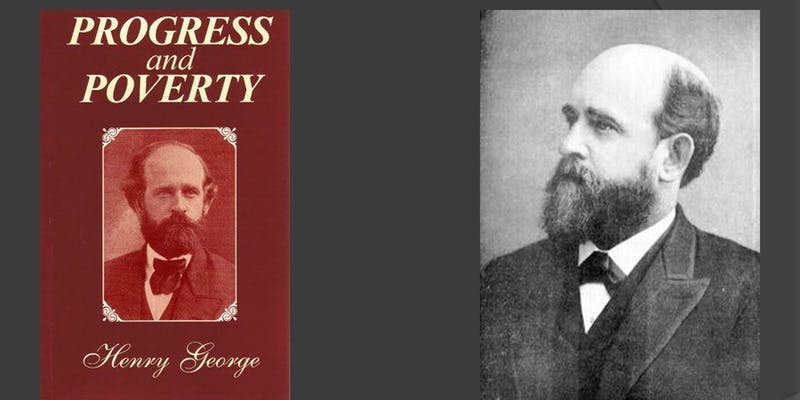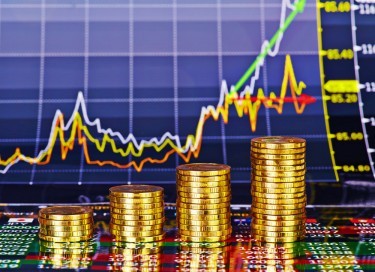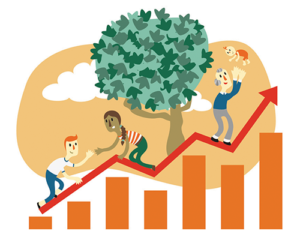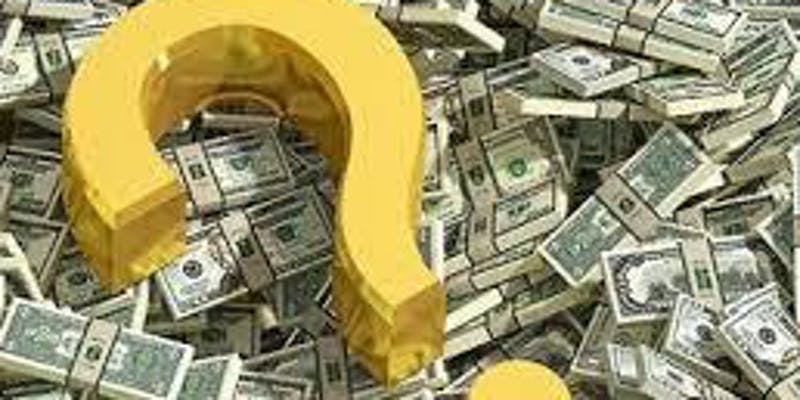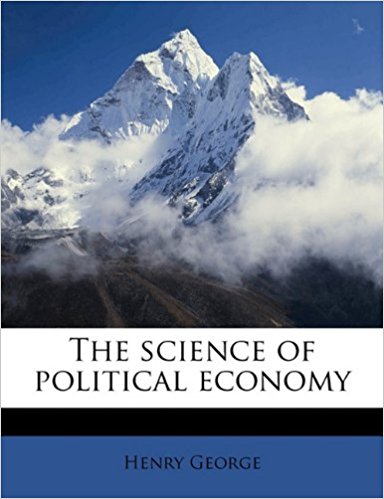MONEY AND BANKING
Session 4
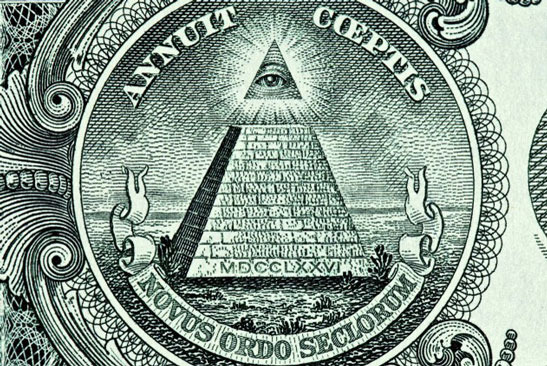
This course will provide a set of tools to analyze the interaction between monetary policy, the real economy and the financial sector in general. The course will combine a study of the relevant theories with applications to recent events and policy debates. In this connection Henry George’s concept of money will be explored as well as the relations between finance and land markets.
Instructor: Allen Smith
Location: 149 East 38th Street, New York, NY 10016
Time: 6:30 PM – 8:30 PM
Dates: Wednesdays: 2/20, 2/27, 3/6, 3/13, 3/20
Main Texts:
H. George, The Science of Political Economy, Part 5
R. Werner, Where does Money Come from
Session 4

